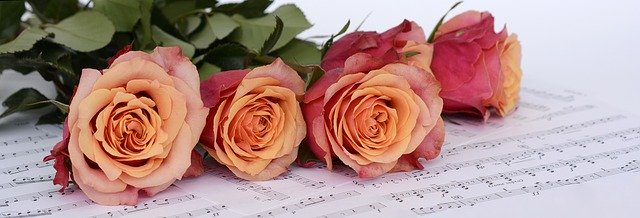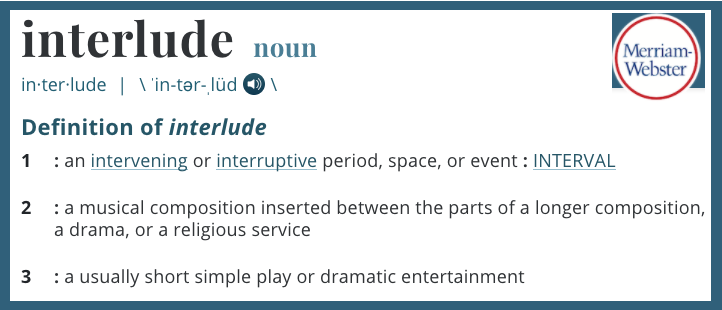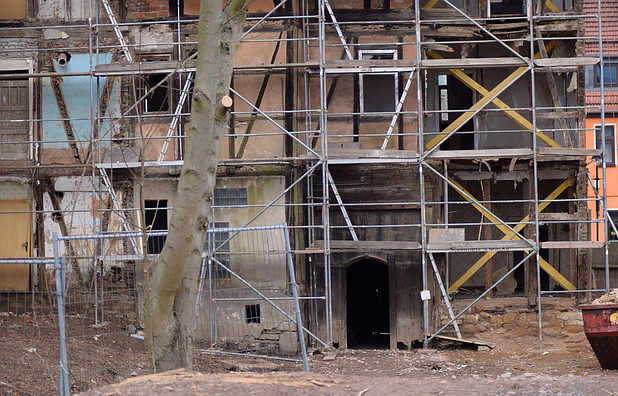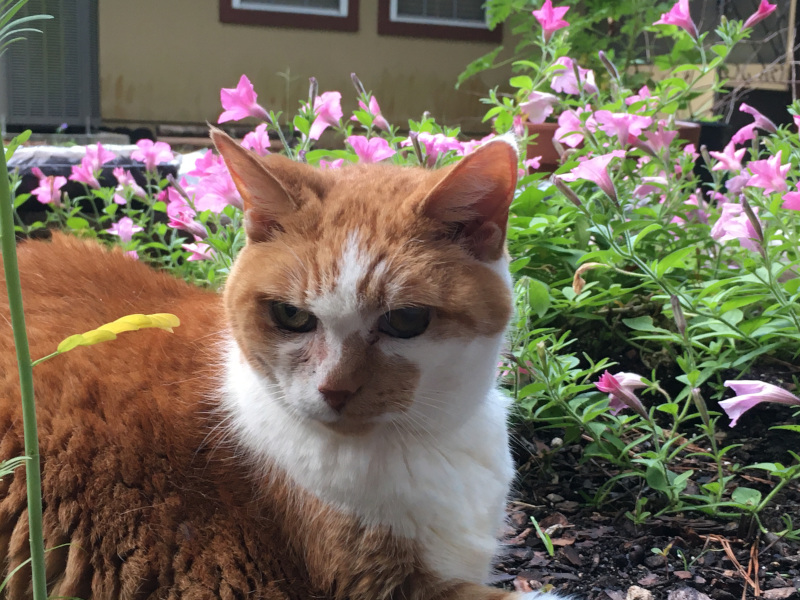I have a part two to the COVID-19 post from weeks ago, well, I’ve got the design of it. I’m still spinning up enough mental energy to actually put those words on the page.
In the meantime I’ve been journaling. This one felt especially poignant to me, and relevant here, so I’m adding it as an interlude, between two parts of a larger composition.
Ramblings
Day to day live during this pandemic is frankly, rather boring. It is also incredibility draining.
We’re not to leave our homes except for essential workers (gods grace them), or to seek essential supplies (or, I guess, services). It’s difficult though, because the way we have to fight the spread of this thing looks a lot like laziness.
And sure, some folks are doing better than others – some are even thriving, but for those who are having a more difficult time with it, it can feel like a failure. I’m at home more now, I should be able to accomplish X. My job hasn’t changed at all except I now work remotely, why can’t I be as productive?
The impact on everyone weighs differently – suddenly having kids at home and taking charge of their education. Worrying about vulnerable people you know who aren’t willing and/or able to heed the “stay at home” orders, particularly if they are distant from you, because you can’t step up to lend a hand. Suffering from furloughs, or last jobs, still struggling to pay bills, secure food, not to mention the stresses of anything health related – especially if health insurance isn’t secured.
The less recognized heroes of this time are the sanitation workers, doing their damndest to ensure the places we are going are clean of the virus, to help slow the spread. The delivery drivers, bringing everything from dinner to diapers. The owners of essential stores, working to make their shops enable and encourage their customers and employees safety.
The heaviest burden being borne is by health care professionals, doing their best to keep us alive when critical resources, both physical and emotional, are in short supply.
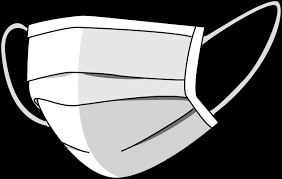 Those of us in a situation where we are privileged enough to abide the “stay at home,” whether working or no, can’t really grasp what this global pandemic must be like for those who aren’t as privileged – where residences are overflowing, and families are stacked against one another. Where a hospital bed is so much harder to come by. Where your physical work may be what literally feeds your family.
Those of us in a situation where we are privileged enough to abide the “stay at home,” whether working or no, can’t really grasp what this global pandemic must be like for those who aren’t as privileged – where residences are overflowing, and families are stacked against one another. Where a hospital bed is so much harder to come by. Where your physical work may be what literally feeds your family.
We may mull it over philosophically, but that experience, much like the whole idea of a pandemic, is hard to wrap one’s head around. And once one actively stops thinking about it, it’s as if they’d never had the thought at all.
We are living through a crisis, but for the most part it feels mundane. We notice we can’t really discern the days of the week anymore, the times of the day. Things blur. Streaming services thrive, so, too, the virtual meeting platforms. Workplaces experience what happens when the “this is how we’ve always done it” is shaken to a new reality, threatening to set a new norm because the workers realize while it may have always been one what that doesn’t necessarily mean that’s the only way to do it.
I fear a bit, that because this global crisis seems so remote, that the way we fight this war is to not fight, that once we’ve made it through to the other side, once we mourn the causalities, those kept in freezer trucks or ice rinks until the pace slowed down enough for sparsely attended (as mandated) services, once we, as a people, have had a moment to breathe – to be, and live in a moment out of crisis, when things are finally able to achieve some sort of “normal” that we will slip back to our old ways, having forgotten what we’ve learned.
Because, while it was stressful, while it was exhausting, and while it exposes faults in the system, most of us are still at a distance (6 feet or more) and our efforts feel more like boredom than trying to actively stop what plagues us. Those most impacted will surly be be beneficiaries of some improvements – we really do need to keep our hospitals well stocked – maybe we should increase the minimum wage a bit for all those essential workers who kept us fed, and safe at home. Maybe we really don’t have to have all those meetings.
I fear there will be steps – small steps – taken to make these changes, but as life returns to outside the confines of one’s home that we, as a people, will slip back into old habits. A bit sadder, a number fewer, perhaps cautious and on alert for a while, but that in the end the structures we’ve build over time, enforced by those whose power and wealth rely on them, will be the shape of the society we return to, because it’s easier than making any real change.
And, for the most part, we can’t feel like we did anything. That our isolation didn’t really matter, so why should we expect to drive change when all we did was create memes, seek out artists who carried us through the hardest times by sharing their creations online, and learn all the etiquette and fancy features for video meetings.
We, who stayed at home, who sew our own face masks, who are suddenly overwhelmed by all the online culture and social opportunities and courses, doing what felt like nothing – how can we feel like we can drive needed change, tearing down or patching up the structures of this society so that next time, we may be a little better prepared.
